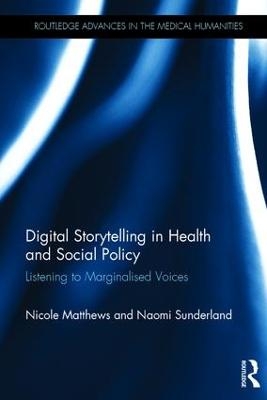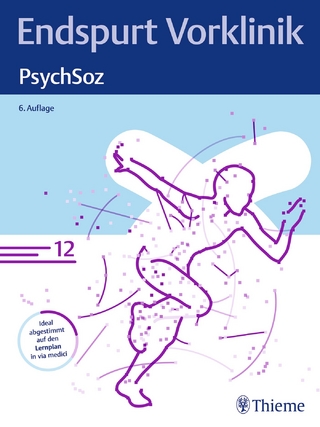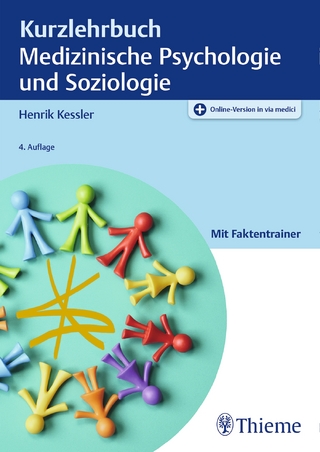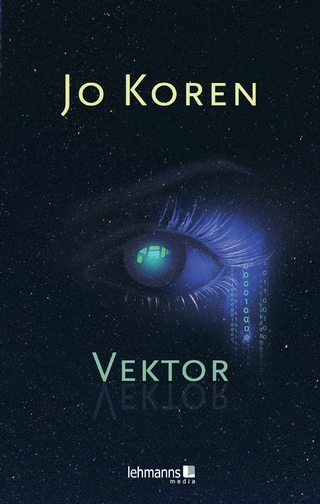
Digital Storytelling in Health and Social Policy
Routledge (Verlag)
978-1-138-02450-2 (ISBN)
As digital life stories continue to assume more and more significance across a range of institutions, so too does their potential to bring into focus once marginalised and neglected voices. Breaking new ground by reframing multimedia life stories as a resource for education, public health, and policy, this book challenges policymakers, professionals, and researchers to reimagine how they find out about and respond to people’s daily lives and experiences of health, disability, and well-being.
The book develops theoretical, methodological, and practical resources for listening to digital stories through a series of carefully selected international case studies, from dementia care education to campaigns in the UN to ban cluster munitions. The case studies explore and illuminate different ways that digital stories have – and have not – been listened to in the past. The authors expose the great potential as well as the complexity of using powerful personal stories in practice. Together, the case studies highlight that processes of listening to, learning from, and making use of digital stories involve unavoidable processes of reinterpretation, recontextualisation, and translation which have significant ethical and political implications for storytellers, listeners, and society. In mapping and theorising the movement of stories into new contexts of policy and practice, the book offers a critical lens on the widely celebrated democratising potential of digital storytelling and its capacity to amplify marginalised voices.
Digital Storytelling in Health and Social Policy develops an authoritative and original re-conceptualisation of digital life stories and their use for social justice ends, and will be important reading for researchers and practitioners from a range of backgrounds, including social policy, digital media, communication, education, disability, and public health.
Nicole Matthews lectures in media and cultural studies at Macquarie University in Sydney, Australia after having taught at universities in the United Kingdom (UK) for over a decade. In the early 2000s she began writing about the early uses of autobiographical video on broadcast TV, from Video Nation to You’ve Been Framed! Since then, she has been part of a number of collaborative research projects exploring the way that people use visual and electronic media to tell stories drawing on their own life experience. This work has included research on the way young Deaf people use video for storytelling and searching the web, and the evaluation of a UK project run by disability charity Scope which brought together stories written for very young children by disabled people and their families with illustrations and animations by art, multimedia, and design students. As well as her long-standing interest in auto/biographical media, Nicole has published on popular genres of print, broadcast, and electronic media and the politics and practice of higher education. Naomi Sunderland lectures in the School of Human Services and Social Work and is an active member of the Queensland Conservatorium Research Centre and Menzies Health Institute Queensland at Griffith University, Brisbane, Australia. Naomi has an extensive background in participatory, creative, and community-based research in the areas of health, well-being, and arts-based community development. She has collaborated on many storytelling and health-related research projects including: the 1000 Voices Disability Life Stories project; a social determinants of health evaluation of the Scattered People asylum seekers and refugee music group; the Sensory-Ethnography of Logan-Beaudesert project; and a participatory intercultural evaluation of multi-arts work with Barkly Regional Arts in the Northern Territory. Naomi teaches in the First Australians and Social Justice team at Griffith University and specialises in topics around transformative intercultural and immersive education, equity, and diversity. Naomi has a PhD in applied ethics and human rights from the Queensland University of Technology. She has worked in government and non-government organisations and universities in Canada and Australia. She has published widely on the topics of health promotion partnerships, music and well-being, disability and happiness, and transformative ethics. Naomi is also an active singer, songwriter, and performer, and has released several albums of work internationally.
List of illustrations
Preface
Acknowledgements
Abbreviations
1 Introduction
2 Listening environments
3 Listening in professional education
4 Listening for service improvement in primary and acute health care settings
5 Listening in community and place-based health promotion
6 Are policymakers listening?
7 Hope, contradictions, and an interdisciplinary future
Index
| Erscheinungsdatum | 25.05.2016 |
|---|---|
| Reihe/Serie | Routledge Advances in the Medical Humanities |
| Zusatzinfo | 2 Tables, black and white; 4 Line drawings, black and white; 4 Illustrations, black and white |
| Verlagsort | London |
| Sprache | englisch |
| Maße | 156 x 234 mm |
| Gewicht | 570 g |
| Themenwelt | Sachbuch/Ratgeber ► Gesundheit / Leben / Psychologie |
| Studium ► 1. Studienabschnitt (Vorklinik) ► Med. Psychologie / Soziologie | |
| Studium ► Querschnittsbereiche ► Prävention / Gesundheitsförderung | |
| Sozialwissenschaften ► Kommunikation / Medien | |
| Sozialwissenschaften ► Soziologie | |
| ISBN-10 | 1-138-02450-3 / 1138024503 |
| ISBN-13 | 978-1-138-02450-2 / 9781138024502 |
| Zustand | Neuware |
| Informationen gemäß Produktsicherheitsverordnung (GPSR) | |
| Haben Sie eine Frage zum Produkt? |
aus dem Bereich


